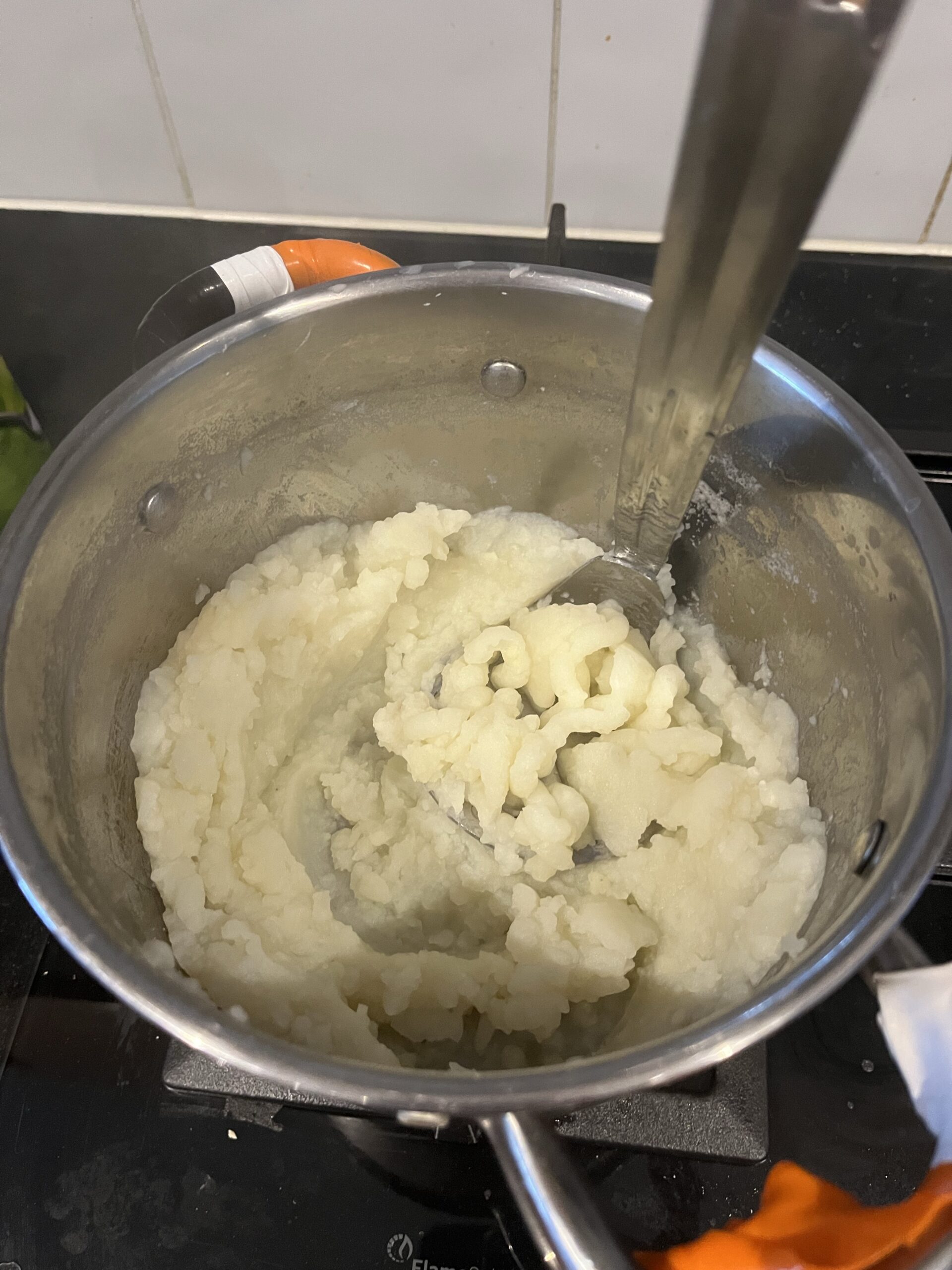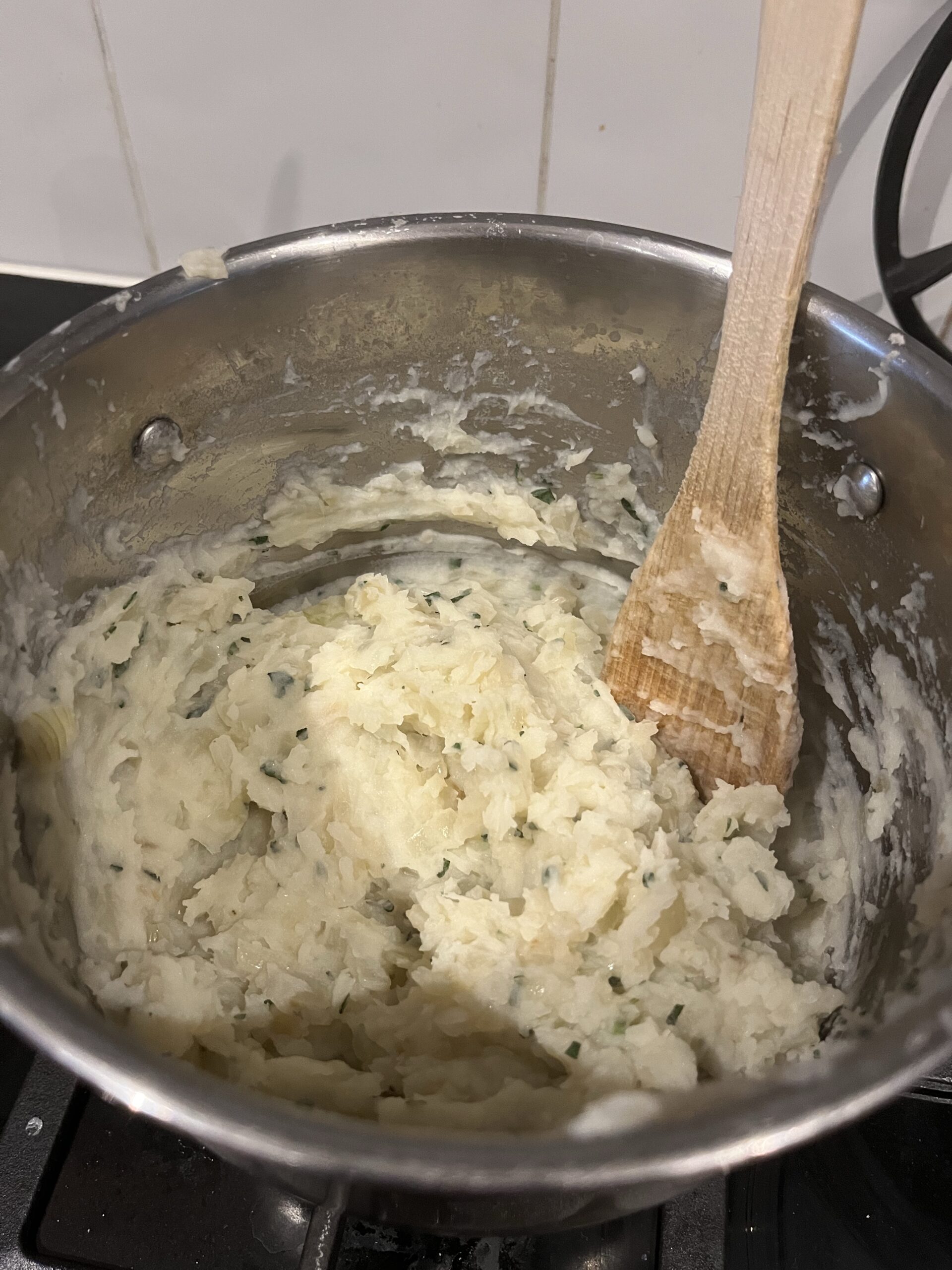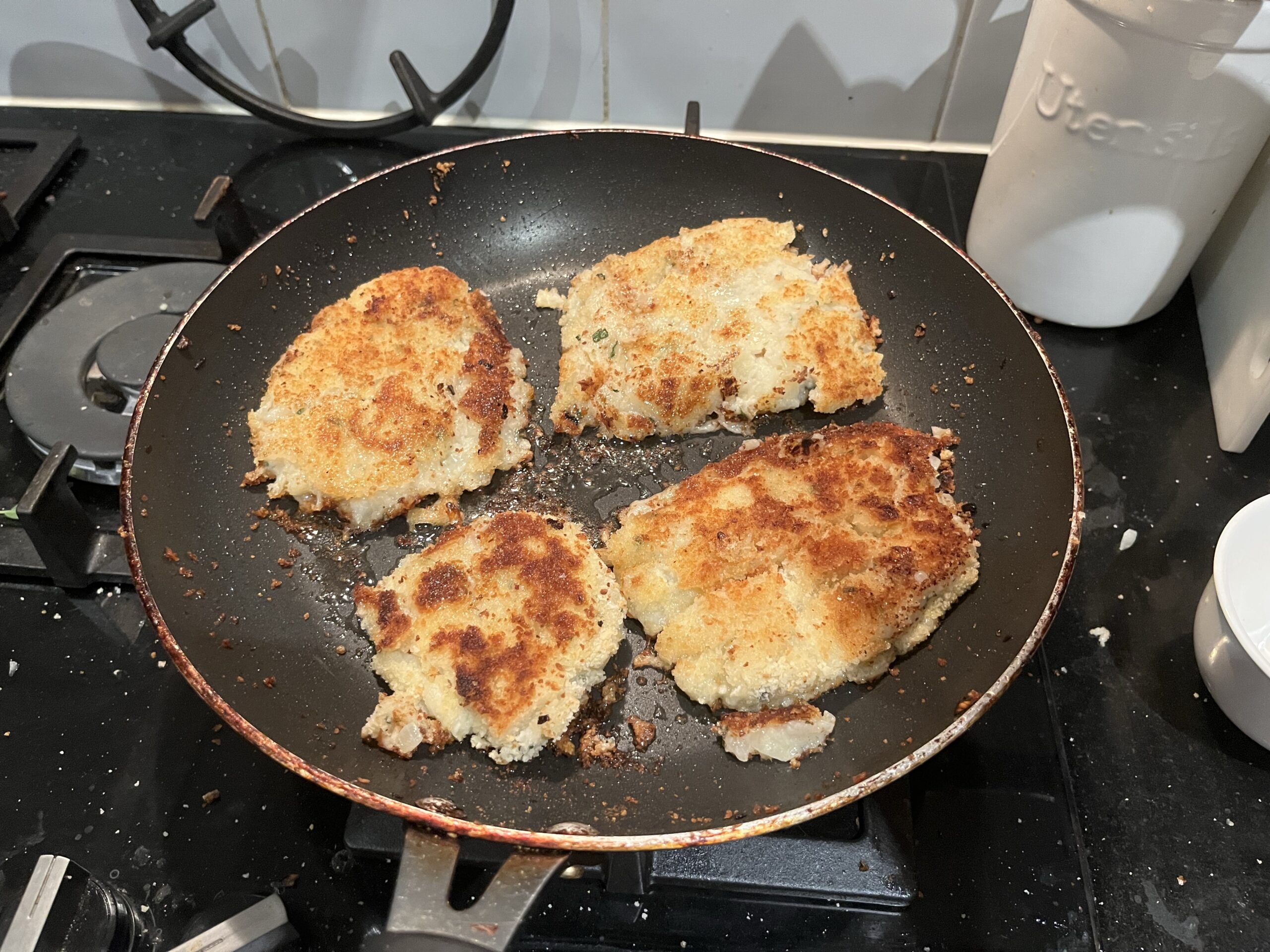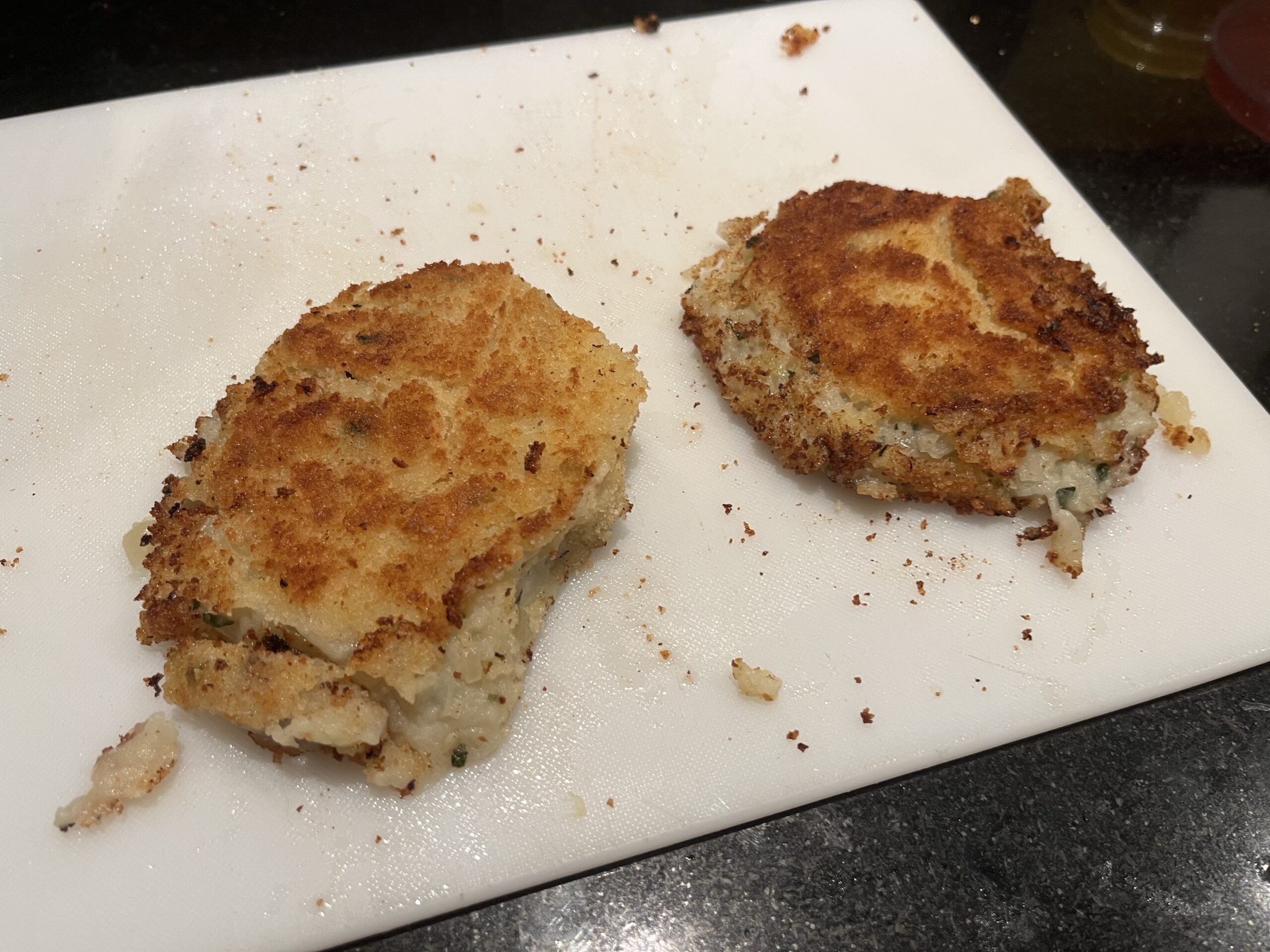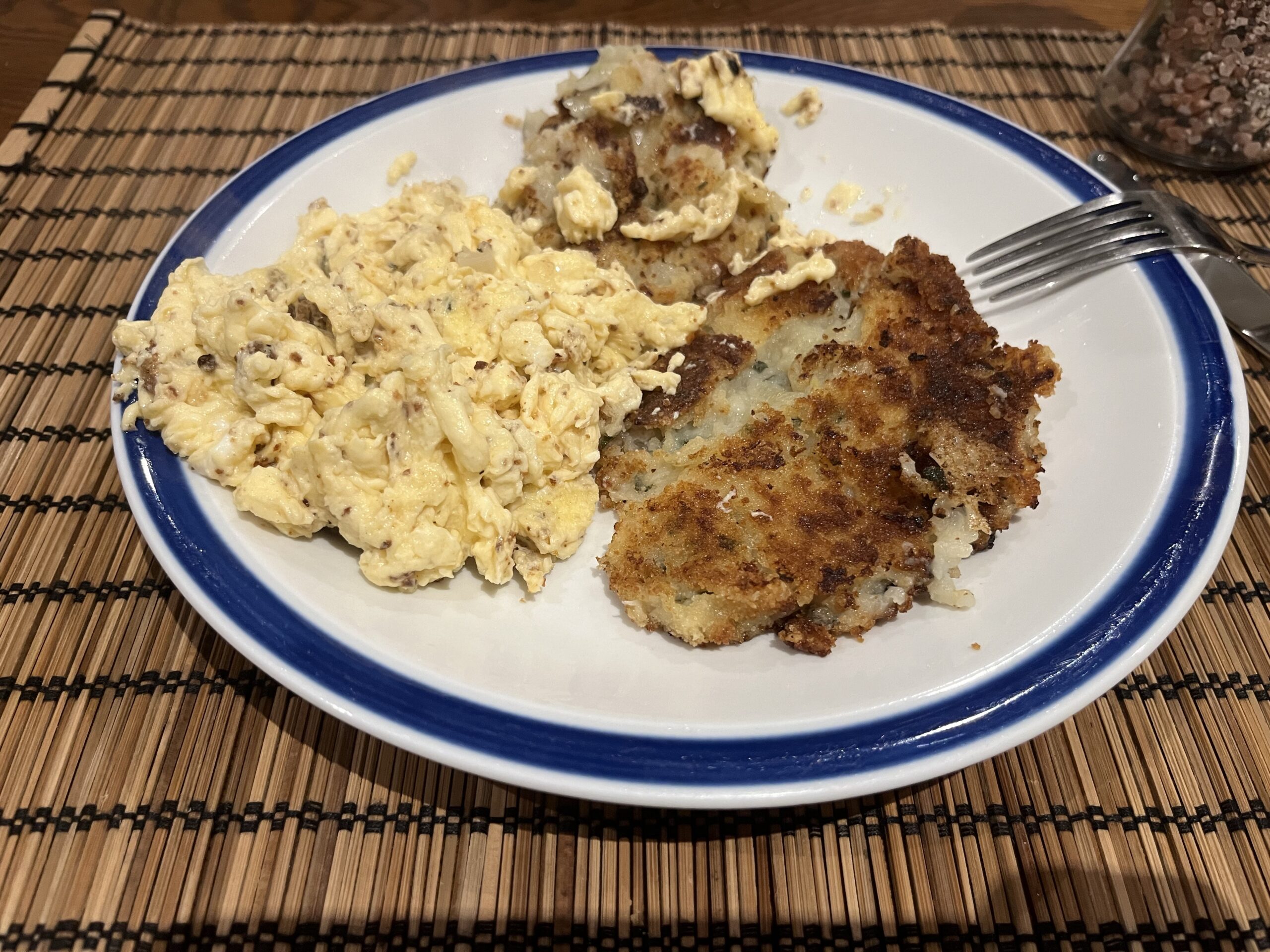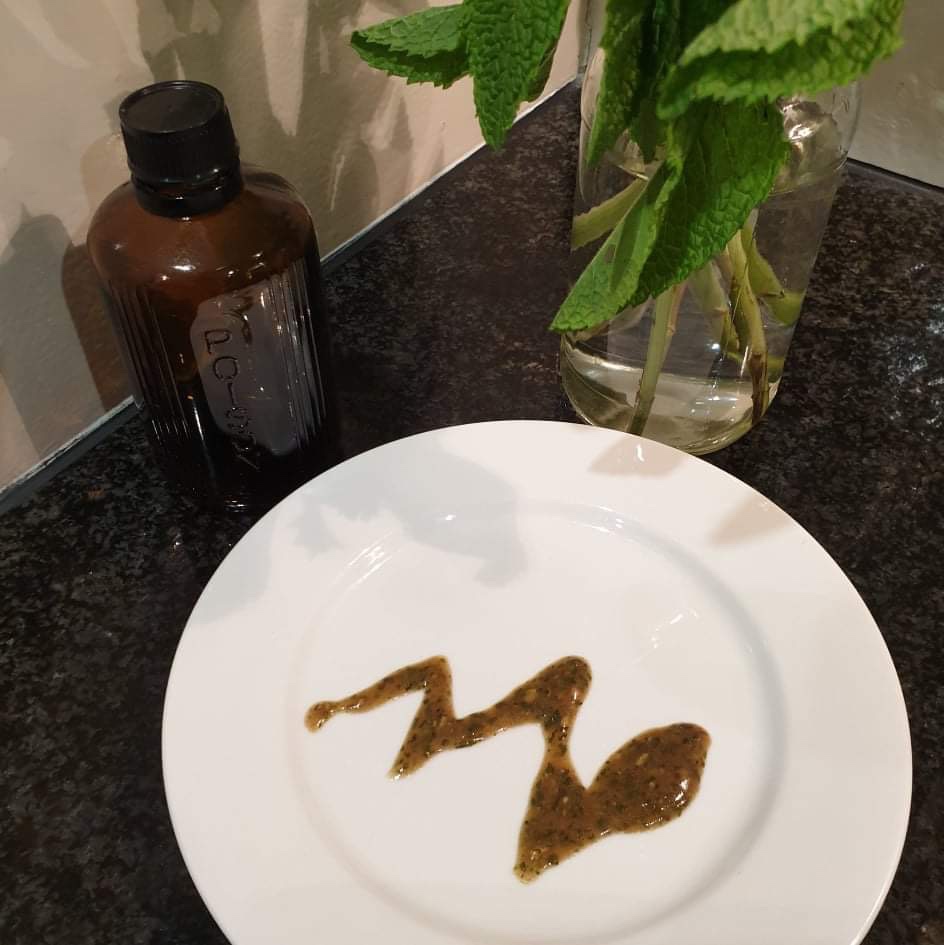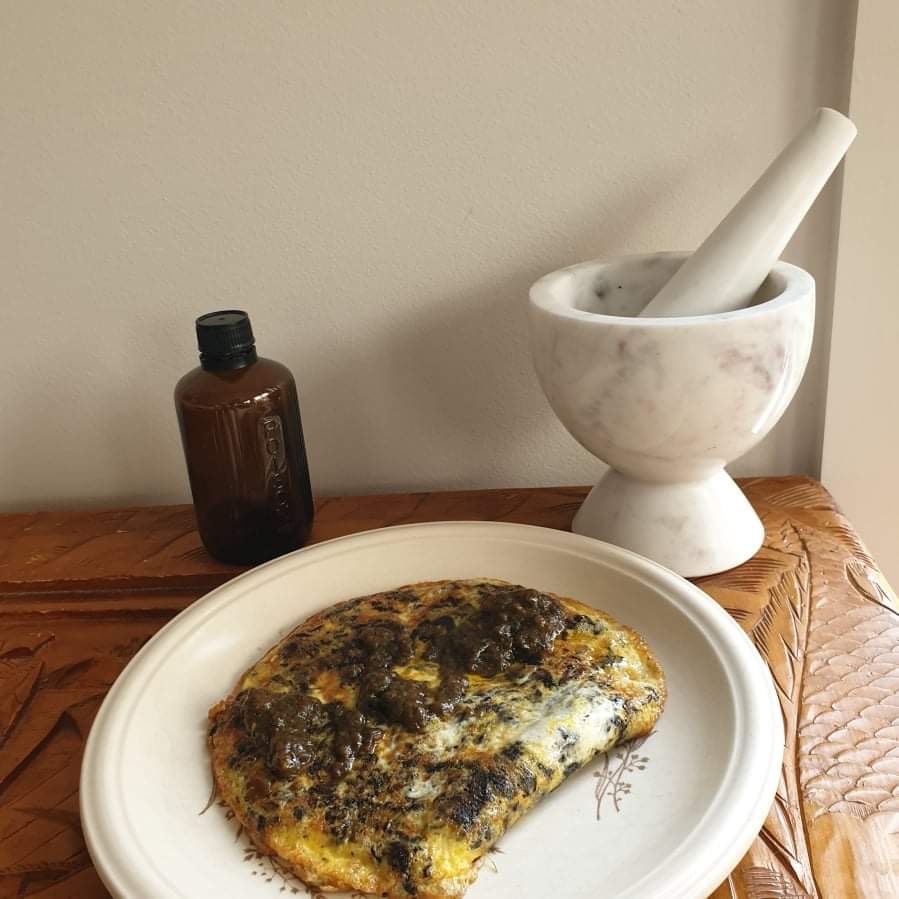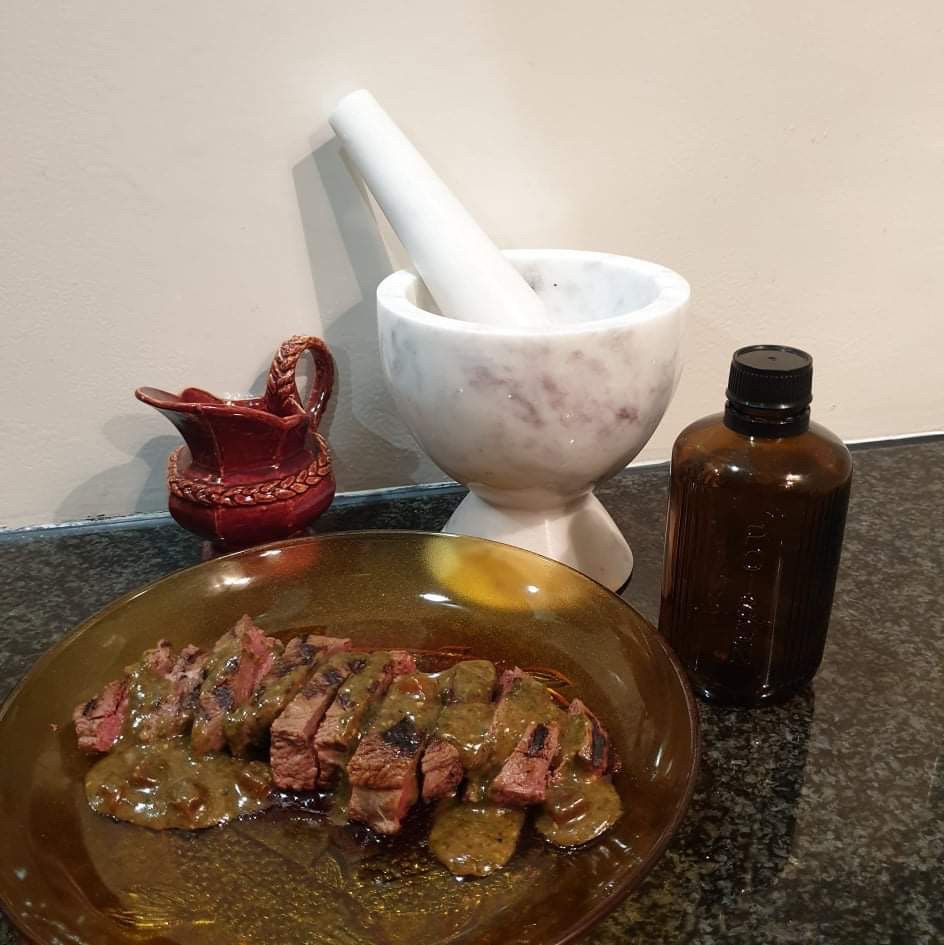#Pratchat3 – You’re a Wizzard, Rincewind
In episode three, comedian Cal Wilson is back to discuss the book that started her passion for Terry Pratchett – Sourcery! It’s the fifth Discworld novel, published in 1989, and both revisits locations and characters from the first two books and takes us to new parts of the Disc.
Happy to have left his adventuring days behind him, inept “wizzard” Rincewind now works as assistant librarian at Unseen University, the Disc’s premiere college for wizards. But just as a new archchancellor is about to be named, a young boy arrives. Coin is the eighth son of an eighth son of an eighth son: a Sourcerer, a source of raw magic not seen on the Disc since the ancient time of the Mage Wars. As Coin takes over the university and wizards across the world awaken to power they’ve never known, the end of the world draws nigh…and Rincewind just can’t seem to avoid getting involved.
Rincewind was Pratchett’s first protagonist, and this novel exemplifies all the things that make us love him: genre-awareness, unrepentant cowardice, reluctant heroism, lack of any skill at wizardry and fierce self-identification as a wizard. It also sees the return of the Luggage, a living chest which follows Rincewind wherever he goes. It was a delight for us all to see these characters again, and we have grand plans to go back to their beginnings in the very first Discworld novels…
In the meantime, when you’ve finished listening to this episode, get ready for the next one by reading Wyrd Sisters! We’ll be recording on January 14th, so get your questions in ASAP if you’d like us to answer them on the podcast.
Podcast: Play in new window | Download (Duration: 1:32:03 — 91.8MB)
Guest Cal Wilson (she/her) was one of Australia and New Zealand’s most beloved comedians. She previously appeared in our first episode, “Boots Theory“, and would return for our fiftieth episode, “Salt Rat Arsenic Heat”. At the time of publishing Cal was about to tour a new live stand-up show, Hindsight, in multiple cities at festivals throughout 2018. (You can see the poster she mentions in our episode notes.) Cal passed away unexpectedly after a brief illness in October 2023; she is sorely missed. GNU Cal Wilson.
You can find the full notes and errata for this episode on our web site.
Want to help us get to the end of our six(ish) year mission and read every Pratchett book – and more? You can support us with a tip, or a subscription for as little as $2 a month, and that’s cuttin’ our own throats! See our Support Us page for details.

